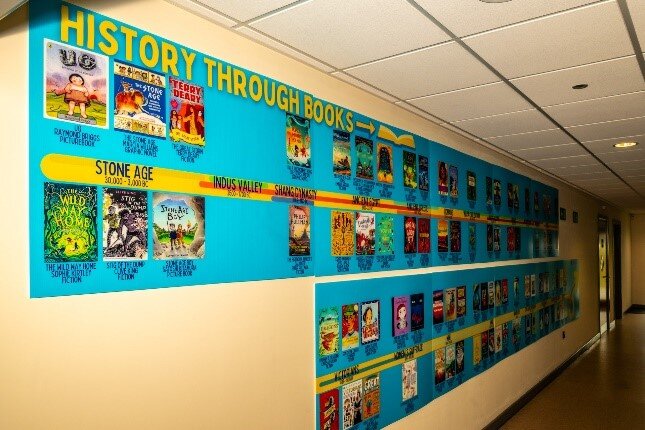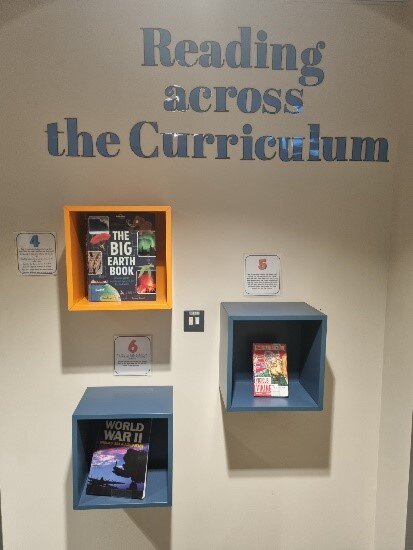
Articles
We aim to give food for thought as well as inspiring your creativity and
providing practical ideas you can’t wait to implement in your own settings!
What is cultural capital?

According to Ofsted:
Cultural capital is the essential knowledge that children need to prepare them for their future success. It is about giving children the best possible start to their early education. As part of making a judgment about the quality of education, inspectors will consider how well leaders use the curriculum to enhance the experience and opportunities available to children, particularly the most disadvantaged.
Essentially, cultural capital is the knowledge that children need to progress in life.
It is common knowledge that within a school setting some children arrive with less experience than their peers in terms of their play and learning opportunities. It is the role of the setting to enrich its curriculum and learning to reduce the gap. If done justice, it can give a child power. It helps them become successful, meet their targets, and rise up the social ladder without necessarily having wealth or financial capital.
How do we tackle it?

In my setting, children are exposed to a wide range of books. Text types are mapped out across year groups to further enhance cultural capital allowing children to be exposed to authors that link to our context that they wouldn’t necessarily encounter outside of school. We often link our curriculum to texts and have a vast amount of displays that also encourage this.
We have developed our curriculum, which focuses on exposing children to knowledge in our local context. For example, in year 6 their geography lessons focus on exploring the local areas which they can transfer to more abstract locations/areas.

After-school clubs are a fantastic way to enhance cultural capital. Allowing all children access to clubs such as sports clubs, ICT, art and science clubs will continue to develop cultural capital within the setting. In my school, a vast majority of clubs are extremely popular.
We aim to plan rich experiences in all year groups. These may include trips to parks, museums, the theatre, and the capital city. Through fundraising, it is achievable for us to provide these rich experiences for all children.
Why is it important?
In my setting, our vision statement is:
"A family of independent life-long learners that reach for the stars."
Enhancing cultural capital is how we can achieve this.
It is important to provide children with enriched opportunities/experiences that they would not necessarily have access to without resources from school. This will allow them to make conscientious choices in life and further their chances of reaching their full potential.
Enhancing the cultural capital within a setting can contribute to performing well in school, knowing how to communicate in different social groups, accessing higher education, and being successful in work and later life.
With many thanks to Aimee Hollingworth for writing this article.
Aimee is a Year 6 teacher, English lead and a member of EuHu’s Teacher Board.